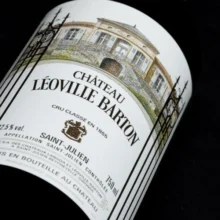
Product information
Château Léoville-Barton HALF 2018
$158
Description
This estate has been on fire in recent vintages, and the 2018 Château Léoville Barton is up there with the best of them. Based on 82% Cabernet Sauvignon and 18% Merlot that was brought up in 60% new French oak, this classic, flawlessly balanced, straight-up awesome Saint-Julien has loads of cassis and mulberry fruits as well as notes of freshly sharpened pencils, leafy tobacco, chocolate, and earth. Rich, medium to full-bodied, and concentrated on the palate, it has building tannins and healthy acidity, yet the fruit is pure, perfectly ripe, and wonderfully integrated with all the wine’s components. As is normal with this cuvée, it closes down with extended air and is going to take a solid 8-10 years of bottle age to reach the early stages of maturity. It’s going to evolve for 30-40 years in cold cellars. (3/2021)
Jeb Dunnuck 97 Points
JM 97 AG 96 JA 96
In stock






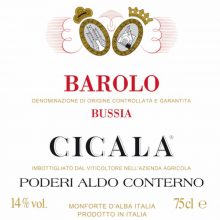
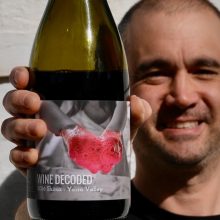
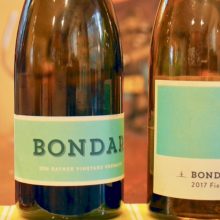
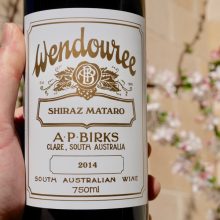
You must be logged in to post a comment.